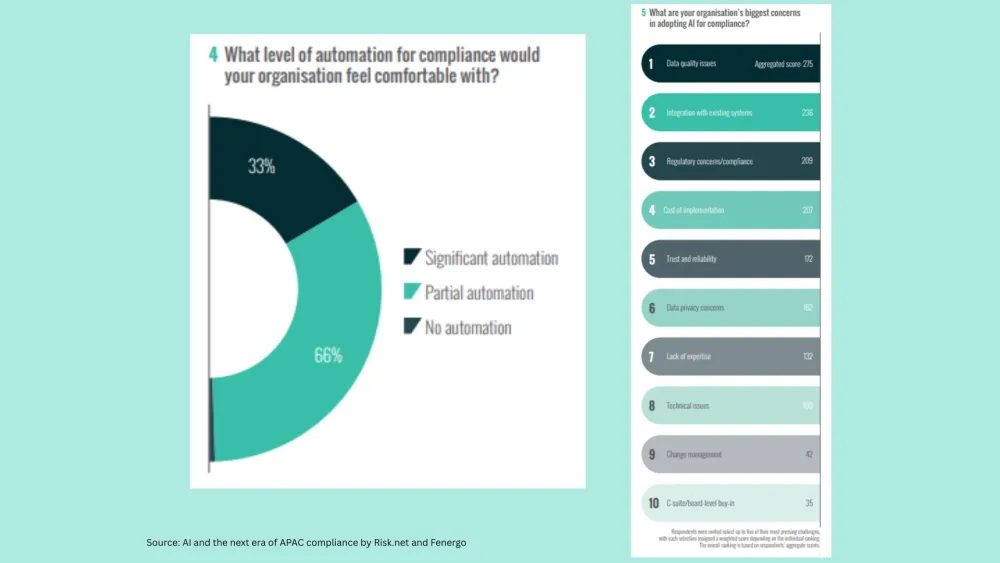Watch out for Bank Levy
By Jeremy Hirschhorn and Andrew DickinsonAlthough Australia has specifically rejected the idea of a global bank levy to help defray the costs of past and future financial sector bailouts, local institutions could still be caught by bank levies imposed elsewhere.
Proposals for a global bank levy, tax or, to use the terminology favoured by the International Monetary Fund, a 'financial stability contribution', have been around for some time. Such a levy would be imposed on bank liabilities and its proceeds used to help cover the cost of taxpayer-funded assistance to financially troubled banks. One of the aims of some currently proposed levies is to influence the behaviour of financial institutions by, for example, discouraging excessive risk taking. Thus certain balance sheet items such as Tier 1 capital and certain retail deposits are excluded from some of the proposed levies.
Australia has already rejected such a levy while the US version of the levy — a proposed 'financial crisis responsibility fee' — was dropped by Congress from the final version of legislation to reform bank regulation. The recent G20 meeting in Toronto also appeared to abandon the notion of a global bank tax, instead settling for a common set of guidelines.
However, elsewhere the idea is alive and kicking. The EU is pushing for the introduction of the levy, although cannot agree how the funds raised should be used. Germany and France have put specific proposals on the table, while Hungary and Sweden already have legislation in place. In the UK, the new coalition government has announced it intends to legislate a banking levy to raise up to £2.5 billion annually. The UK levy is proposed to operate from next January and will apply to the global liabilities of UK banks and the UK liabilities of foreign banks.
Based on proposals so far, it appears Australian banks with operations in these countries will pay the levy on their activities or liabilities in those countries.
KPMG believes the existence or otherwise of a banking levy could be an important factor in determining the future domicile of some banks and other financial institutions. It may also result in the transfer of riskier activities to countries without a levy, such as Australia. Those jurisdictions implementing levies are pushing for a universal levy to be agreed upon to prevent such relocations.
As proposals currently stand, unless countries introduce specific measures, or adapt existing international agreements, the problem of double taxation cannot be relieved under traditional mechanisms for dealing with the issue. (Foreign bank levies could become a permanent cost to Australian banks because they would be unlikely to be able to claim a foreign tax offset in respect of such levies.)
Other differences that could have practical implications include the rates at which the tax is levied, the caps and thresholds that might apply, and situations in which a levy is deductible in one jurisdiction and not another. Different computational rules could also apply.
These differences promise to present opportunities as well as create distortions.




















 Advertise
Advertise











